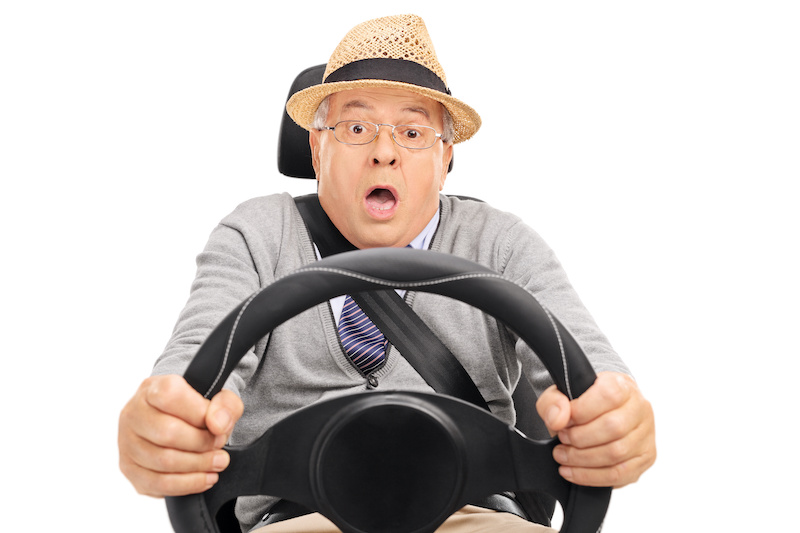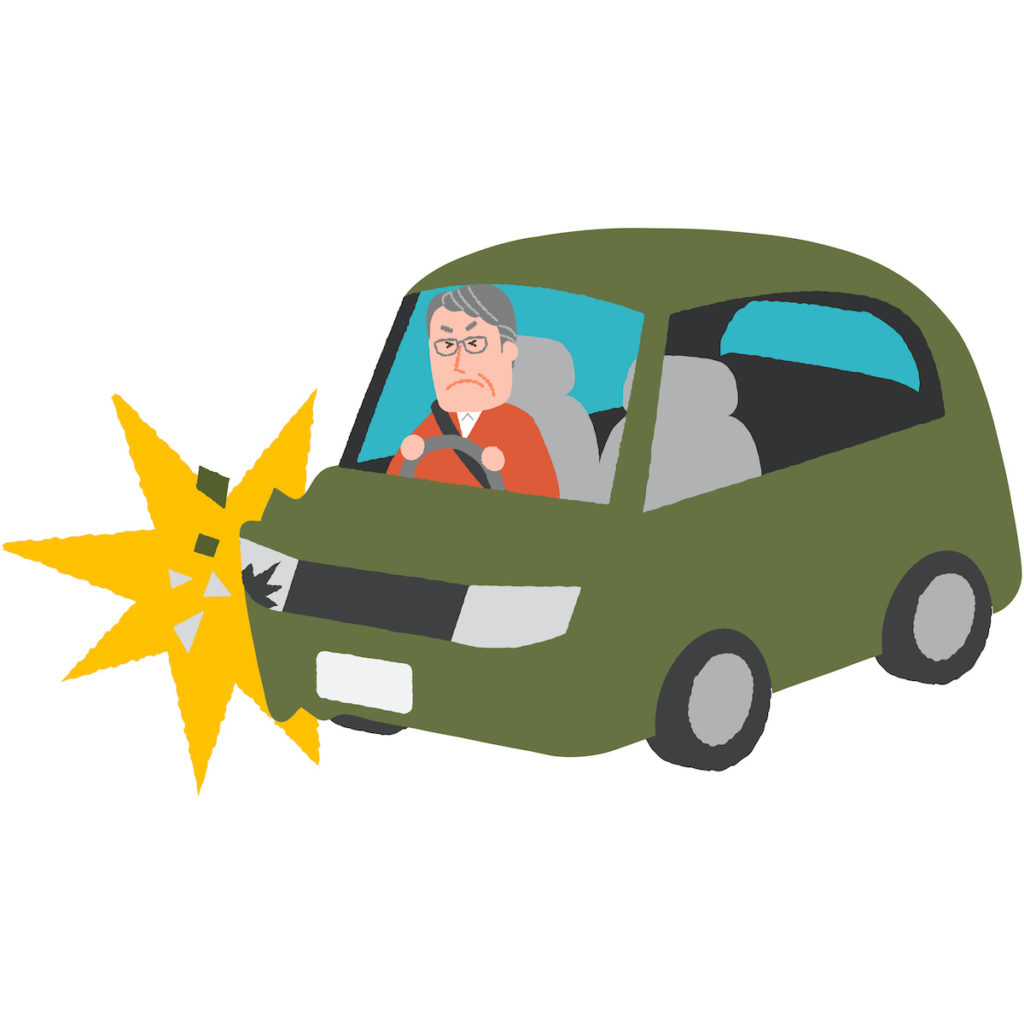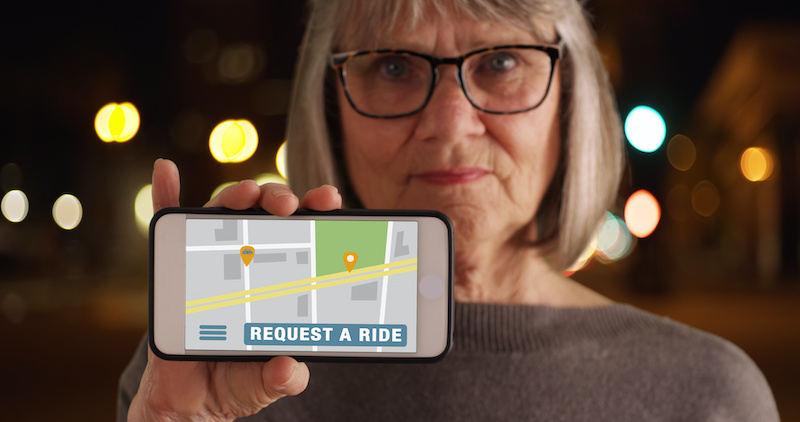 Driving is a complicated task for anyone. And as people age, they may experience numerous changes. For example, age impacts vision, hearing, reflexes, and cognitive abilities. All these could complicate the task of driving. According to the National Highway Traffic Safety Administration (NHTSA) asserts this fact. About 10 percent of all U.S. fatal crashes involve drivers who are 65 (and older).
Driving is a complicated task for anyone. And as people age, they may experience numerous changes. For example, age impacts vision, hearing, reflexes, and cognitive abilities. All these could complicate the task of driving. According to the National Highway Traffic Safety Administration (NHTSA) asserts this fact. About 10 percent of all U.S. fatal crashes involve drivers who are 65 (and older).
Driving — No “One Size Fits All” Proposition
No one-size-fits-all answers the question of when an older person should stop driving. However, warning signs indicate when to consider giving up the keys. These signs include:
 Accidents or close calls. If an older person has been involved in a car accident or has had a number of close calls, it is a red flag that they may not be safe behind the wheel.
Accidents or close calls. If an older person has been involved in a car accident or has had a number of close calls, it is a red flag that they may not be safe behind the wheel.- Changes in vision or hearing. As people age, their vision and hearing can decline, making it difficult to see and hear well enough to drive safely.

- Slower reaction times. Older drivers may have slower reaction times, which can make it difficult for them to avoid hazards on the road.
- Cognitive decline. Some older adults may experience cognitive decline, which can lead to problems with decision-making and judgment, both of which are important for safe driving.
- Physical limitations. Older adults with physical limitations, such as arthritis or difficulty turning their head, may also be at risk for unsafe driving.
 Older People & Driving
Older People & Driving
If you are concerned about an older person’s driving, it is important to talk to them about your concerns. Be sure to be respectful and understanding, as giving up the keys can be a difficult decision for many older adults. You may also want to suggest that they have a driving evaluation with a certified driving instructor. This evaluation can help to identify any areas of concern and provide recommendations for improvement.
If an older person is unable or unwilling to give up driving, there are a number of resources that can help them to get around safely. These resources include:
- Public transportation. Many communities offer public transportation options that can help older adults get around without a car.
- Ride-sharing services. Ride-sharing services, such as Uber and Lyft, can provide a safe and convenient way for older adults to get around.
- Transportation assistance programs. Some communities offer transportation assistance programs that can provide rides to older adults for doctor’s appointments, grocery shopping, and other errands.
It is important to remember that giving up driving can be a difficult adjustment for older adults. However, it is important to do what is safest for them and for others on the road. By talking to them about your concerns and offering them support, you can help them to make the transition to a new way of getting around.
About Walnut Creek Elder Law in Walnut Creek, California
 Michael J. Young is an experienced elder law, estate planning and asset protection planning attorney in Walnut Creek, CA. Mr. Young advises his clients regarding their estate planning needs with an emphasis on asset protection, Medi-Cal qualification, and preservation of assets for various levels of their care as they get older. Mr. Young’s journey into elder law began when his mother suffered from an acute injury that required her to be in a skilled nursing facility. He is co-author of the book, Don’t Go Broke in A Nursing Home and is the author of the “Alzheimer’s Legal Survival Guide.” Mr. Young presents monthly workshops in Walnut Creek regarding estate planning, asset protection, and Medi-Cal planning. He has helped many clients over the years successfully qualify for Medi-Cal and has protected their assets from state recovery. Call today to schedule a consultation (925) 256-0298.
Michael J. Young is an experienced elder law, estate planning and asset protection planning attorney in Walnut Creek, CA. Mr. Young advises his clients regarding their estate planning needs with an emphasis on asset protection, Medi-Cal qualification, and preservation of assets for various levels of their care as they get older. Mr. Young’s journey into elder law began when his mother suffered from an acute injury that required her to be in a skilled nursing facility. He is co-author of the book, Don’t Go Broke in A Nursing Home and is the author of the “Alzheimer’s Legal Survival Guide.” Mr. Young presents monthly workshops in Walnut Creek regarding estate planning, asset protection, and Medi-Cal planning. He has helped many clients over the years successfully qualify for Medi-Cal and has protected their assets from state recovery. Call today to schedule a consultation (925) 256-0298.


